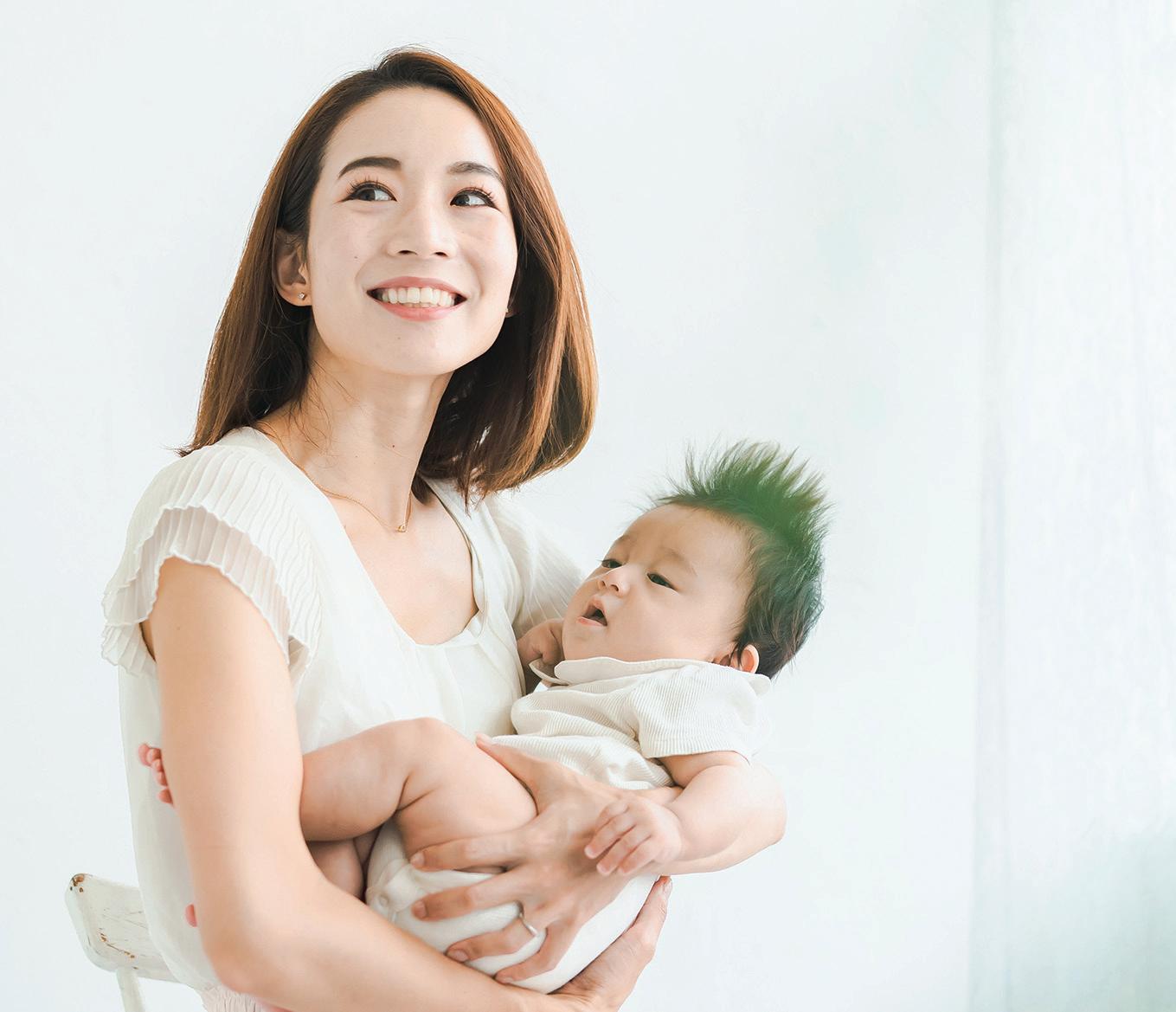
3 minute read
Dos and Don’ts for Expectant Grandparents
By Cynthia Kane
As a new grandparent, all you may want to do is get your hands on that new baby. You’ll want to hold her in your arms and gaze down at her for hours, expound on which family member she resembles most, and tell tales about what it was like back in your day when you had your first little one.


WHATEVER YOU DO, DON’T DO IT!
Continued on page 22 >>>
Try to keep in mind what the new parent is going through. If this is their first baby, the emotional and intellectual transition is tremendous. When you first arrive at a home where a newborn has just joined the family, the parents may feel so overwhelmed with their new roles and responsibilities that they may not be able to tell you what they need or want.
If you are a grandparent who will be making regular visits during the first few weeks of the baby’s life, it can help to have a little meeting with the parents-to-be a few weeks before the due date, and get to know what they imagine that they may need postnatally. A little preparation goes a long way and can make a real difference for the new parents.
New parents are needy, exhausted, and anxious to do everything right for their baby. The best way to show your love and support is to focus on them and their new role. DO:
• Have a key to the front door to avoid ringing the doorbell;
• Learn where the lights are, how the dishwasher and washer/dryer work, where the trash goes, etc.;

• Know where the cleaning supplies are kept;
• Make a few favorite meals you can put in the freezer;
• Have fresh fruit and cut veggies available in the fridge;
• Keep the new mom’s favorite healthy snacks nearby in a big bowl;
• Make sure the new mom has a large water bottle nearby that you can keep filled;
• Ask what the parents might need for grocery shopping, pet care;
• Keep a phone charger, laptop, pen and paper near the new mom at all times;
• Keep Kleenex, hand sanitizer, and masks handy;
• Find out the preferences for visitors, and how you can help guide guests;
• Tell the new parents they are doing a great job.
DON’T:
• Expect to hold the baby for more than a few minutes. Parents are bonding;
• Talk about who the baby resembles other than in passing;
• Recount your own labor stories or new parent experiences;
• Ask parents to give detailed instructions or make multiple decisions for you;
• Stay too long or expect to be treated as a guest;
• Tell the new parents what you think they should be doing about ANYTHING at this point;
• Comment on the choice of breast-feeding or bottle-feeding;
• Make anything about you or your new status as grandparent, other than to express joy.
New parents are needy, exhausted, and anxious to do everything right for their baby. The best way to show your love and support is to focus on them and their new role. Do what you can to help the birthing parent rest and recover physically, and reinforce the notion that the couple is doing a great job.

The parents’ stress levels can be heightened if there are other small children in the home, so any time that you can occupy the older sibs is helpful. Don’t assume anything is routine, even for an experienced parent.

Grandparents can go wrong even when they have the best intentions. If you are able to keep the focus off of yourself and onto the new little family, you strengthen the parents’ confidence and encourage their belief that they are good at their role. These Do’s & Don’ts can help you help your adult children get off to a great start raising their family. Y
Cynthia Kane is a board-certified, licensed genetic counselor with 25 years of clinical experience, and a certified postpartum doula. Cynthia graduated from UC Berkeley in 1982 with a Bachelor’s degree in Human Physiology and earned a Master’s degree in Health and Medical Sciences in 1993. Cynthia has specialized in counseling and support for families facing a variety of challenges including chronic medical issues, physical and developmental disabilities, and neonatal loss. A grandmother, Cynthia has a certificate in Grandfamily Leadership, now works exclusively with grandparents and their families.









